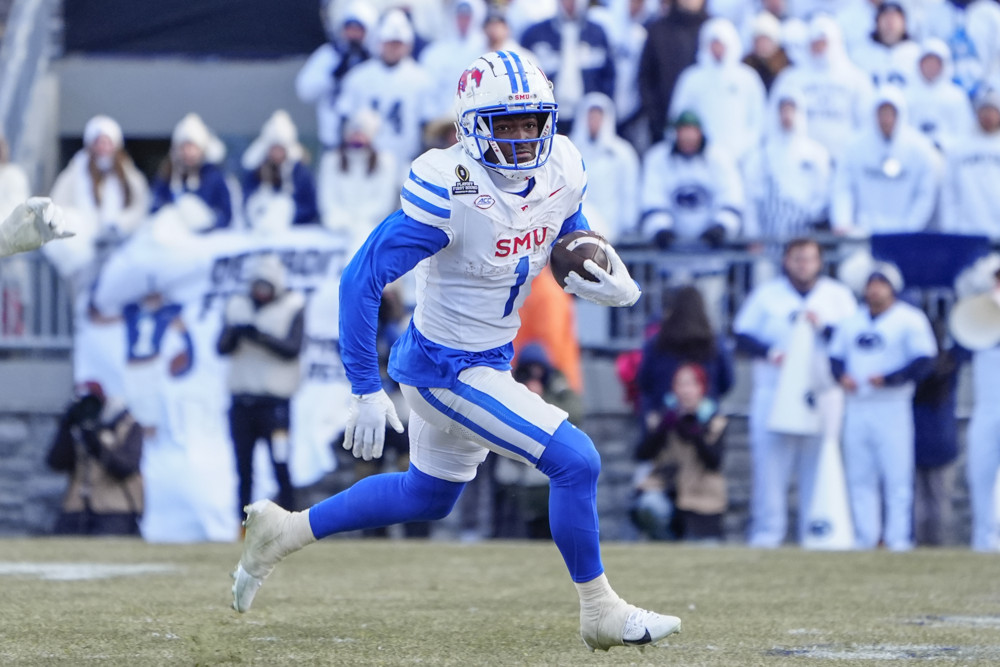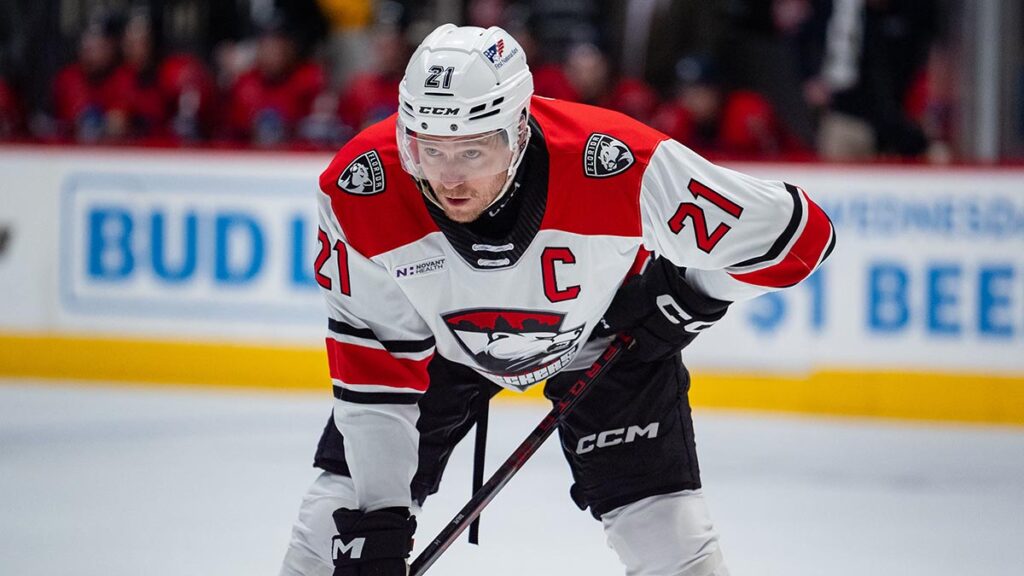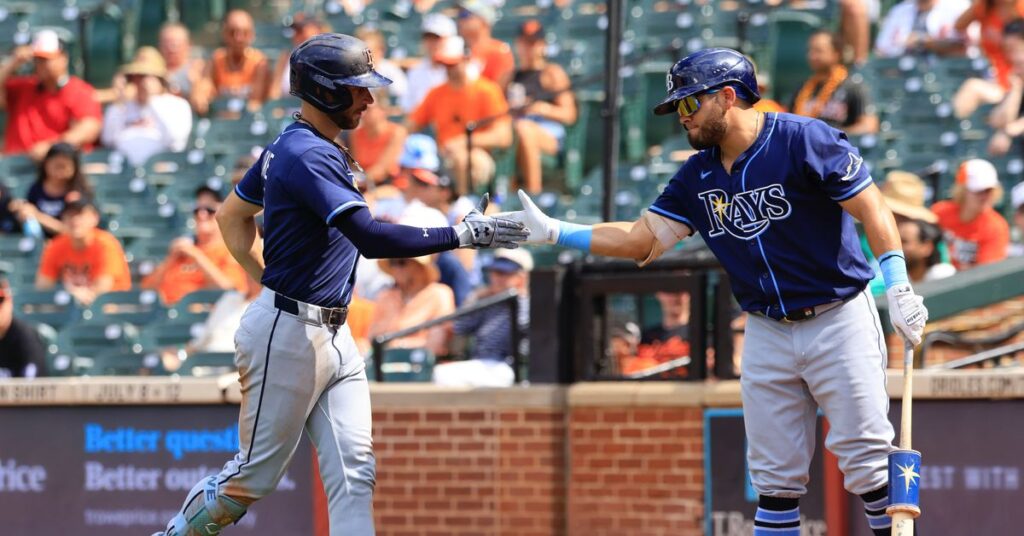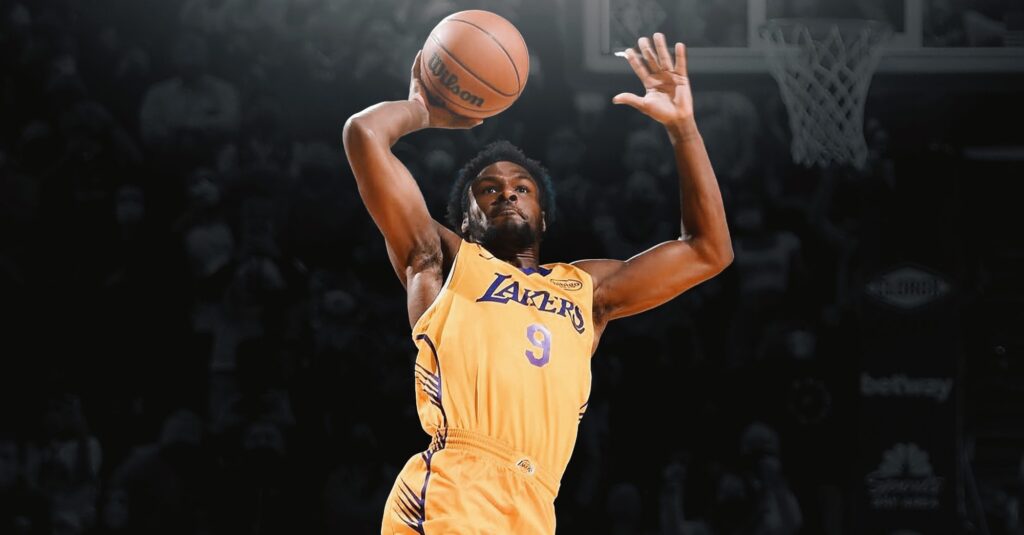Evaluating rookie productivity historically can help set realistic expectations for the 2025 NFL rookie class. We’ll look at trends from the past 10 NFL seasons (2015–2024) and draw insights into how rookies typically perform in their first year, breaking down the data position by position. Then we’ll project how that might translate to this year’s promising rookie class. If you checked out our quarterback trends then you’ll love the rookie RB projections.
Rookie RB Projections | Overview
- 208 RBs have been drafted since 2015
- 50 RBs finished in the top 48 in FPPG (24%)
- 26 RBs finished as FLEX or better in FPPG (12.5%)
- 13 RBs finished as an RB1 in FPPG (6.25%)
Flex Range Success | Rookie RB Projections
| Flex Production | ||||||||||||
| Year | Player | Fantasy Finish | FPPG | FPPG (1-9) | FPPG (10-17/18) | Games Played | Total Yards | TDs | Receptions | QB | Snap % | Redzone Touches |
| 2019 | Josh Jacobs | 14 | 14 | 15.7 | 11.2 | 13 | 1316 | 7 | 20 | Derek Car | 56.00% | 45 |
| 2020 | Antonio Gibson | 17 | 13.2 | 11.8 | 16.8 | 14 | 1052 | 11 | 36 | Alex Smith | 43.00% | 34 |
| 2024 | Bucky Irving | 19 | 13 | 9.6 | 13.1 | 17 | 1514 | 8 | 47 | Baker Mayfield | 45.00% | 51 |
| 2021 | Elijah Mitchell | 17 | 13 | 12.8 | 10.9 | 11 | 1100 | 6 | 19 | Jimmy Garoppolo | 64.00% | 27 |
| 2023 | Bijan Robinson | 17 | 12.8 | 11 | 11.5 | 17 | 1463 | 8 | 58 | Desmond Ridder | 68.00% | 34 |
| 2020 | D’Andre Swift | 20 | 12.8 | 11.1 | 15.2 | 13 | 878 | 10 | 46 | Matthew Stafford | 48.00% | 28 |
| 2022 | Kenneth Walker III | 14 | 12.6 | 13.7 | 11.3 | 15 | 1215 | 9 | 27 | Geno Smith | 58.00% | 55 |
| 2020 | Clyde Edwards-Helaire | 23 | 12.2 | 12.6 | 12.8 | 13 | 1100 | 5 | 36 | Patrick Mahomes | 58.00% | 37 |
| 2019 | Miles Sanders | 21 | 12.1 | 9.7 | 16.7 | 16 | 1327 | 6 | 50 | Carson Wentz | 52.00% | 41 |
| 2015 | David Johnson | 16 | 12 | 8.3 | 15 | 16 | 1038 | 12 | 36 | Carson Palmer | 37.00% | 39 |
| 2017 | Christian McCaffrey | 14 | 11.8 | 11.3 | 12.4 | 16 | 1086 | 7 | 80 | Cam Newton | 70.00% | 29 |
| 2015 | T.J. Yeldon | 18 | 11.5 | 11.5 | 15.6 | 12 | 1019 | 3 | 36 | Blake Bortles | 77.00% | 28 |
| 2018 | Nick Chubb | 22 | 11.5 | 7.5 | 11.3 | 16 | 1145 | 10 | 20 | Baker Mayfield | 36.00% | 30 |
| 2021 | Javonte Williams | 28 | 10.8 | 9 | 14.6 | 17 | 1219 | 7 | 43 | Teddy Bridgewater | 51.00% | 38 |
| 2020 | J.K. Dobbins | 30 | 10.6 | 7.2 | 9.5 | 15 | 925 | 9 | 18 | Lamar Jackson | 47.00% | 33 |
| 2018 | Sony Michel | 31 | 10.4 | 11.6 | 9.6 | 13 | 981 | 6 | 7 | Tom Brady | 36.00% | 60 |
| 2024 | Tyrone Tracy Jr. | 32 | 9.6 | 8.5 | 10.6 | 17 | 1123 | 6 | 38 | Daniel Jones | 58.00% | 38 |
| 2022 | Tyler Allgeier | 32 | 9.5 | 8.4 | 12.7 | 16 | 1174 | 4 | 16 | Marcus Mariota | 51.00% | 26 |
| 2017 | Joe Mixon | 32 | 9 | 8.6 | 15.6 | 14 | 913 | 4 | 30 | Andy Dalton | 45.00% | 28 |
| Average | 11.4 | 10.2 | 15 | 1106.6 | 7.0 | 35.0 | 53.50% | 36 | ||||
Key Takeaways
- Opportunity is everything (Carries/Receptions/Snap Count)
- Type of QBs
To make a significant impact in Year 1, rookie running backs typically need to average around 9 fantasy points per game. Achieving that mark generally requires a combination of yards, touchdowns, and receptions. Looking at the data above, a common trend among productive rookies is that they reach at least 900 total yards in their 1st season. Failing to hit that mark often means they won’t finish as a top-32 fantasy RB, which places them outside of consistent starting territory in most leagues.
One of the more interesting factors when projecting rookie RB performance is the type of quarterback they’re paired with. Out of 28 different quarterbacks who played alongside rookie running backs, 21 were primarily pocket passers who don’t pose a significant threat to defenses with their legs.
Why does that matter for running backs?
- Pocket passers are more likely to check down to their running backs, increasing reception opportunities—a significant plus in PPR formats. The one expectation was Christian McCaffrey with 80 receptions from Cam Newton.
- In the red zone, mobile quarterbacks often call their number on scoring plays. In contrast, pocket passers are more likely to hand the ball off, which can result in more rushing touchdowns for the back.
To Reach Elite Levels
| Elite Production | ||||||||||||
| Year | Player | Fantasy Finish | FPPG | FPPG (1-9) | FPPG (10-17/18) | Games Played | Total Yards | TDs | Receptions | QB | Snap % | Redzone Touches |
| 2018 | Saquon Barkley | 2 | 21.3 | 21.8 | 20.7 | 16 | 2028 | 15 | 91 | Eli Manning | 82% | 65 |
| 2016 | Ezekiel Elliott | 3 | 20.6 | 19.1 | 22.4 | 15 | 1994 | 16 | 32 | Dak Prescott | 71% | 44 |
| 2017 | Alvin Kamara | 4 | 17.1 | 14 | 20.3 | 16 | 1554 | 13 | 81 | Drew Brees | 45% | 48 |
| 2017 | Kareem Hunt | 5 | 16.8 | 18.1 | 15.1 | 16 | 1782 | 11 | 53 | Alex Smith | 65% | 48 |
| 2017 | Leonard Fournette | 6 | 16.3 | 20.5 | 12.8 | 13 | 1342 | 10 | 36 | Blake Bortles | 62% | 46 |
| 2023 | De’Von Achane | 4 | 16.1 | 24.3 | 11.4 | 11 | 997 | 11 | 27 | Tua Tagovailoa | 43% | 29 |
| 2020 | Jonathan Taylor | 10 | 15.7 | 11.4 | 20.5 | 15 | 1468 | 12 | 36 | Philip Rivers | 50% | 61 |
| 2021 | Najee Harris | 9 | 15.5 | 17.4 | 13.9 | 17 | 1667 | 10 | 74 | Ben Roethlisberger | 84% | 43 |
| 2015 | Todd Gurley | 6 | 15.2 | 17.6 | 13.2 | 13 | 1294 | 10 | 21 | Nick Foles | 42% | 32 |
| 2023 | Jahmyr Gibbs | 11 | 14.4 | 13.7 | 14.4 | 15 | 1261 | 11 | 52 | Jared Goff | 57% | 55 |
| 2016 | Jordan Howard | 8 | 14.4 | 13.6 | 15.1 | 15 | 1611 | 7 | 29 | Matt Barkely | 69% | 40 |
| Average | 16.7 | 17.4 | 16.3 | 15 | 1545.3 | 11.5 | 48.4 | 60.9% | 46 | |||
Of the 11 rookie running backs who reached elite fantasy status in the past 10 years, 6 of them hit at least 1,500 total yards. That level of yardage often requires both a heavy rushing load and steady involvement in the passing game. It’s not a must, but missing this mark often requires significant help in other categories, such as touchdowns or extreme efficiency.
Touchdown production is a near-universal trait among elite rookie RBs. Since 2015, 10 of the 11 elite rookies scored at least 10 total touchdowns. Only four rookie backs in the last decade failed to reach elite status despite scoring double-digit TDs, but all four fell short in all-purpose yardage.
While the traditional pocket passer is becoming rarer in today’s NFL, it’s clear that elite rookie RBs have historically thrived when the quarterback isn’t a running threat. Of the 11 elite rookie RB seasons, 9 came with a starting quarterback who rushed for under 100 yards on the season. Only Ezekiel Elliott (with Dak Prescott) and Leonard Fournette (with Blake Bortles) had QBs who surpassed 200 rushing yards.
Early-Round Running Backs (Rounds 1 & 2)
- 35 RBs drafted in Round 1 & 2
- 7 RBs finished as an RB1 (20%)
- 19 RBs averaged 10 FPPG (54%)
- 2 RBs never played a game as a rookie (6%)
Middle-Round Running Backs (Rounds 3 & 4)
- 73 RBs drafted between Rounds 3 & 4
- 3 RBs finished as an RB1 (4%)
- 6 RBs averaged 10 FPPG (8%)
- 54 RBs would not finish top 48 (74%)
Late-Round Running Backs (Rounds 5 – 7)
- 102 RBs drafted between Rounds 5 to 7
- 1 RB finished as an RB1 (0.9%)
- 2 RBs averaged 10 FPPG (1.9%)
- 94 RBs would not finish top 48 (92%)
- James Robinson is the only undrafted RB to finish as a top 24 RB (Last 10 years)
Expectation for the 2025 Class
Jeanty to the Moon
There are high expectations for rookie running back Ashton Jeanty to join the ranks of elite first-year performers. The Raiders offense struggled to establish the run last season, and Jeanty steps into a prime opportunity with a real chance to be the lead back from Day 1.
Jeanty is expected to see a substantial workload, often a key factor in elite rookie production. Six of the last 11 rookie running backs with top-tier seasons played at least 60% of their team’s offensive snaps. With only the aging Raheem Mostert and a cast of third-stringers behind him, Jeanty is in a great position to hit that mark.
Adding to the optimism is head coach Pete Carroll, known for his commitment to the run and willingness to rely on a feature back. We’ve seen Carroll lean heavily on his running backs in the past, and that trend could continue with Jeanty, especially with Geno Smith under center. Smith’s mobility has declined, and last season, he targeted his running backs 100 times, signaling the potential for Jeanty to rack up receptions—an elite fantasy trait.
Jeanty has a legitimate top-5 RB upside as a rookie and could join a small group of running backs over the past decade who made a fantasy splash in Year 1. While his ceiling will be tied to how productive the Raiders offense is under this new regime, his floor is just as encouraging. Jeanty’s lowest weeks could offer solid production, similar to Bijan Robinson‘s 12.8 fantasy points per game in 2023.
Hampton’s Los Angeles
Omarion Hampton‘s road to elite fantasy status looks more questionable. That’s not to say Hampton won’t be a strong flex option, but expecting him to break into the elite tier right away may be a stretch.
The biggest roadblock is Najee Harris. Unless Harris misses time, Hampton is unlikely to see a true feature-back workload. Even if he eventually earns a larger role, elite rookie running backs typically flash early in the season, and Hampton may not get that chance right out of the gate.
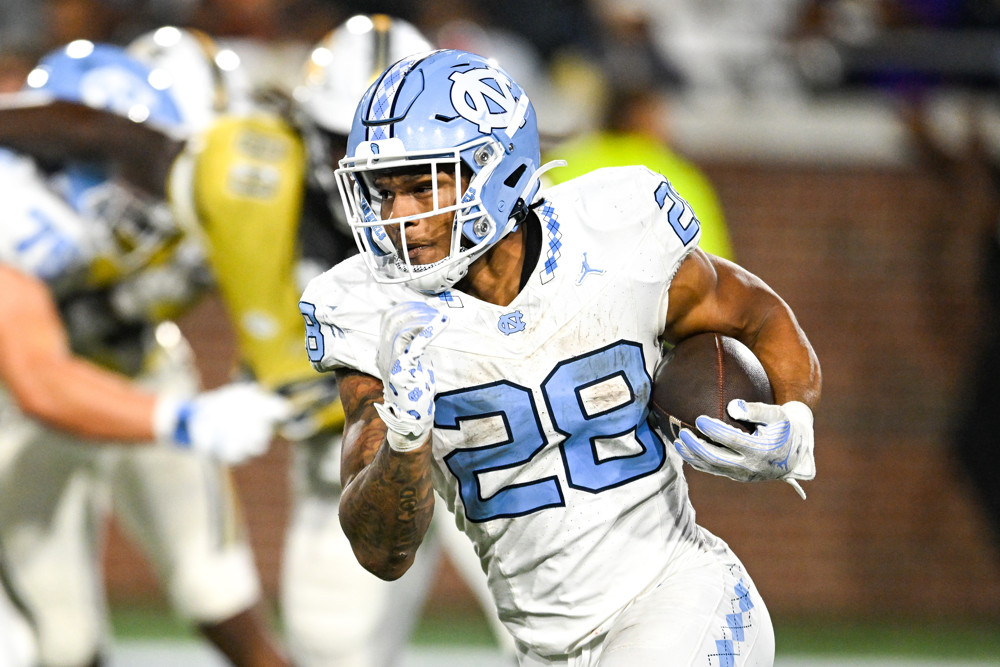
Red zone usage could also be a concern. Harris outweighs Hampton by about 20 pounds and could be the preferred option near the goal line, which would significantly cap Hampton’s touchdown upside. In the passing game, Hampton may also be limited. The Chargers’ backfield combined for just 55 targets last season, far from ideal for a rookie like Hampton, who may need receiving volume to reach elite fantasy relevance.
Still, Hampton shouldn’t be overlooked. His season could follow that of another prior rookie, like Javonte Williams’ rookie year, where production was steady early but surged later in the season.
Round 2 RBs | Rookie RB Projections
Quinshon Judkins | Sturdy Starter in CLE
Quinshon Judkins enters a solid opportunity that may remind fantasy managers of Josh Jacobs’ early-season solid volume in an average offense with limited explosive upside. With Joe Flacco likely under center, Judkins could benefit from a traditional pocket passer who checks down more frequently. That’s a good sign for Judkins’ receiving floor, especially in the absence of a mobile quarterback who can escape the pocket or steal rushing attempts.
Judkins’ sturdy frame makes him a candidate for goal-line work, which could boost his touchdown production. While he may not flash elite traits or upside in year one, he profiles as a low-end RB2 who can deliver steady fantasy value.
TreVeyon Henderson | PPR Wild Card
TreVeyon Henderson is a wild card. His offense remains a mystery, and while he’s known for his receiving ability, usage will be the key factor in determining his fantasy value. New quarterback Drake Maye targeted his top running back only 43 times his last season in college, and head coach Mike Vrabel hasn’t traditionally leaned on his backs in the passing game—only two RBs in his six seasons as head coach have seen more than 45 targets.
Henderson’s path to Flex value is clear, but his road to elite production is steep unless he gets a high-volume receiving role. Historically, the only back to thrive in that low-yardage, high-reception role was Christian McCaffrey and he didn’t even make elite status. Expect Henderson to be a PPR Flex option with some spike week potential if the passing volume surprises.
RJ Harvey | Rocky Mountain Speedster
Of all the running backs selected in Round 2 or later in the 2025 NFL Draft, RJ Harvey has one of the most straightforward paths to fantasy relevance and potential rookie-year stardom.
Harvey lands in a dynamic Denver offense that could be quietly set up for explosive running back production. While the recent signing of J.K. Dobbins might cap Harvey’s total volume, especially on passing downs due to Dobbins’ superior pass protection, Harvey’s home-run speed and open-field ability give him a chance to thrive even on limited touches.
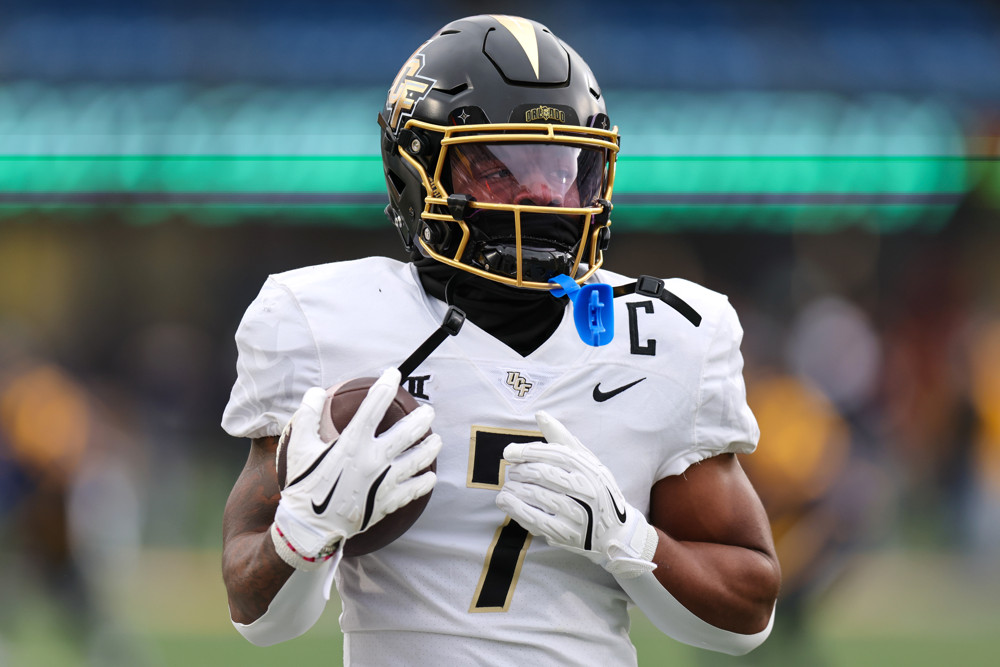
The most exciting comp for Harvey might be Devon Achane, who posted elite fantasy numbers in 2023 despite being in a capped role. Like Achane, Harvey boasts elite burst and agility, traits that could allow him to produce chunk plays even with 10–12 touches per game.
Meanwhile, Dobbins could fill the Raheem Mostert-like role as the experienced inside runner and pass blocker, creating a split backfield where Harvey is the lightning to Dobbins’ thunder.
Late-Round Gems | Rookie RB Projections
The 2025 running back class is loaded with talent, and we could realistically see three to five rookies make an impact in fantasy leagues right away. Here’s a breakdown of key names to watch.
Kaleb Johnson | The Next Bucky Irving?
Kaleb Johnson could carve out a meaningful role in the Steelers’ backfield alongside Jaylen Warren. Johnson gives off Bucky Irving vibes**,** a physical runner with enough all-purpose skill to push for touches, even in a committee. Outshining a proven PPR back like Warren won’t be easy, but Johnson could still provide strong flex value, especially down the stretch. While he likely won’t reach elite rookie status, dynasty managers should view him as a solid second-half breakout candidate.
Cam Skattebo | The Unique Bulldozer
Skattebo could follow in the footsteps of his former college teammate Tyrone Tracy Jr., who flashed as a rookie last season. Tracy’s production declined with more touches and lacks strong draft capital, potentially opening the door for Skattebo to earn early-down work. With an improved quarterback situation in New York, the Giants offense could stabilize, giving Skattebo room to contribute as a grinder with upside in early downs.
Jaydon Blue | The Best of Average
Blue may have the best shot at being a day-one starter from the group of later-round running backs. Competing with Javonte Williams and Miles Sanders, Blue has a real shot at carving out a meaningful role. His speed and explosiveness give off shades of D’Andre Swift’s rookie season, where talent alone pushed him into a productive timeshare. He’s a prime candidate to outperform his draft capital and become a surprise PPR flex option as early as Week 1.
Brashard Smith | True Diamond in the Rough
If there’s a true dark horse in this class, it might be Brashard Smith. The 7th-rounder has fantastic receiving ability and could follow the path of Alvin Kamara’s rookie year when he began as the RB3 before exploding into fantasy stardom. Smith faces long odds; only one 7th-round RB has finished as an RB1 in the past decade, but the upside in Kansas City’s offense is undeniable. If he earns trust, Smith could become a late-season league winner.
While most other rookie backs may not offer consistent production early, don’t be surprised if a few make noise in the second half of the season:
- Ollie Gordon: Big-bodied back who could see early-down work if the depth chart thins out. Especially if he can beat out Jaylen Wright in camp.
- Kyle Monangai: Under-the-radar name with a pass-catching upside. I don’t think the leash is safe for anyone in that backfield.
- Devin Neal: Explosive back who may be needed to offload the workload of Alvin Kamara.
- Tahj Brooks: Elite receiving skills to offer in a highly explosive offense.
In Case You Missed It!
If you liked this article, please go back to my rookie QB article and view that for the upcoming 2025 season:


